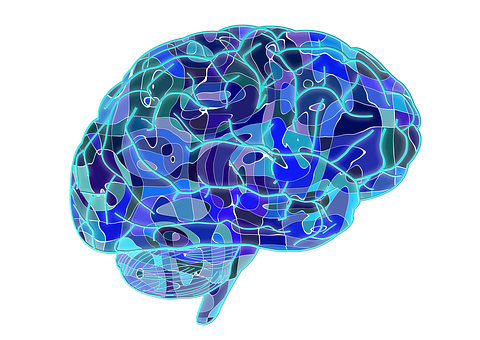China’s first undergraduate programs in brain science launched
Recently, Zhejiang University set up the School of Brain Science and Brain Medicine. It is the first time that brain science has been specially tailored to undergraduate students in China.
Research into brain science has become a strategic priority all over the world. Foreign universities, including Harvard University and Columbia University, have offered undergraduate programs in neuroscience. How will this emerging subject be offered and developed at Zhejiang University?

“Brain science is not only the most challenging cutting-edge subject but also the fastest-developing frontier on the worldwide basis in recent years,” said DUAN Shumin, Dean of the School of Brain Science and Brain Medicine, “Approximately 30,000-40,000 scholars and researchers attend the annual conference on neuroscience in the US.”
There are more than 400 undergraduate programs in China, but no university has yet offered an undergraduate program in neuroscience. “At present, most postgraduates in brain science are primarily from those who major in biology and biotechnology. During their undergraduate studies, they have received virtually little education in neuroscience, which poses a formidable barrier to further research,” said DUAN Shumin.
Before the establishment of the School of Brain Science and Brain Medicine, DUAN Shumin, as Dean of the Faculty of Medicine and Pharmaceutical Sciences, offered courses to undergraduate students. “After undergraduate students enroll in the School of Brain Science and Brain Medicine, I will definitely offer more courses. Teachers in our school will go all out to deliver fabulous classes. Besides, we will invite China’s best neuroscientist and international experts in neuroscience to teach undergraduates,” said DUAN Shumin.

Also included in the faculty of the School of Brain Science and Brain Medicine are a galaxy of distinguished young neuroscientists, including LI Xiaoming, HU Hailan, SI Ke and ZHOU Yudong.
The School of Brain Science and Brain Medicine will offer two undergraduate programs—neurobiology and neuropsychology.
“The two directions in brain science and brain medicine will open up ample opportunities for the cultivation of inter-disciplinary talents. It will be tremendously advantageous to connecting scientific research and clinical practice, designing emerging majors in medicine and accelerating the construction of new medical sciences,” said LI Xiaoming, Executive Dean of the School of Medicine.
“Brain science and brain medicine are like the palm and the back of a single hand. An outstanding brain scientist should start their research from an actual clinical problem in brain medicine while an eminent brain medical expert must draw nourishment from basic innovative research,” added LI Xiaoming.
Statistics reveal that there is currently a deficiency of more than 100,000 psychiatrists in China.
“Medical education should serve the national strategy, cater to the national demand and adapt to the medical development. There is a compelling need to create a novel approach to cultivating elite innovative talents in neuroscience. The establishment of the School of Brain Science and Brain Medicine is of paramount significance in this respect,” said ZHOU Yudong, Vice Dean of the School of Brain Science and Brain Medicine.
Zhejiang University has made remarkable feats in neurobiology, mechanisms of brain diseases, brain-inspired intelligence and artificial intelligence, and the brain-computer interface, in recent years.
Zhejiang University’s Frontier Science Center for Brain and Brain Integration is one of the frontier science centers approved by the Ministry of Education. “One of the major missions is to build a bridge between the biological brain and the computer and achieve the fusion of the two,” said HU Hailan, Director of the Frontier Science Center for Brain and Brain Integration.
The inter-disciplinary asset of these subjects will provide vigorous support for the undergraduate programs in brain science and brain medicine.
“In recent years, most major breakthroughs in brain science have derived from key technologies in inter-disciplinary development,” said DUAN Shumin, “Brain science entails a high degree of inter-disciplinary integration, calling for a wide spectrum of background knowledge in math, physics, chemistry, computer science, information science, biology, medicine and biomedical engineering. Inter-disciplinary education will certainly lend generous support to undergraduates in research into brain science.”
In 2018, Zhejiang University embarked on the “Intelligence Convergence” with a view to promoting the integration of brain science and artificial intelligence.
The School of Brain Science and Brain Medicine will incorporate such courses as artificial intelligence and ethics into undergraduate programs. “AI is marked by both technological and social characteristics. Research into technological progress must involve ethical research,” said Vice Dean of the School of Brian Science and Brain Medicine.